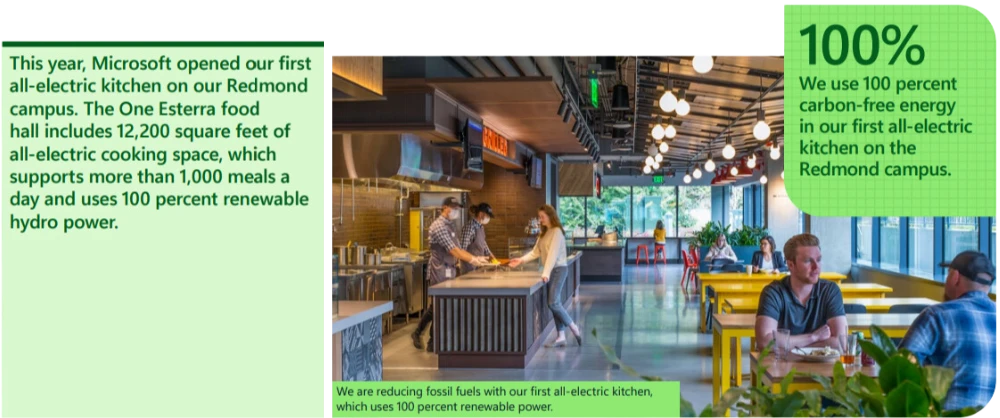Amidst a global push for sustainability, several of the world’s leading companies have made bold claims about their ecological restoration efforts.
However, a new report questions the authenticity of these commitments due to a pervasive lack of transparency.
The recent analysis studied 100 major corporations from the 2021 Forbes Global 500 list, spanning industries from tech giants to energy providers. It found that a staggering two-thirds claim involvement in ecosystem restoration.
Yet, over 90% of these companies didn’t provide data on the ecological results of their efforts. Moreover, no company addressed the socio-economic impacts on communities adjacent to their restoration projects.
The report, published in the journal Science, described the evidence supporting companies’ environmental claims as “wholly insufficient.”
One of the major criticisms is the ambiguity of these commitments. Without clear metrics such as financial investments, project scales, or specific outcomes like increased canopy cover or biodiversity, it’s challenging to ascertain the effectiveness of their initiatives.

An interesting case in point is Microsoft, one of the ten IT corporations under scrutiny. Despite performing relatively well in the analysis, Microsoft was marked down for not disclosing the funds allocated to restoration activities and omitting socio-economic benefits stemming from these projects.
This comes against a backdrop where the company has made ambitious claims to protect more land than they use by 2025 and offset their carbon and water footprint by 2030.
However, a closer look at their performance reveals some contradictions.
For instance, Microsoft’s carbon emissions have remained relatively constant, and its water usage saw a significant 34% increase in just a year, raising eyebrows about their commitment versus their actual impact.
All, as Microsoft has pledged “to permanently protect more land than we use by 2025.”
The company also pledged to remove more planet-heating carbon dioxide from the atmosphere than it emits and replenish more water than it uses by 2030. Planting trees and restoring wetlands are part of meeting those goals, yet, Microsoft hasn’t provided statistics to the public on these efforts.
Timothy Lamont, the study’s lead author from Lancaster University, believes this analysis serves as a wake-up call. He hopes it will encourage companies to be more transparent about their environmental pursuits.
More To Discover
Moreover, Lamont envisions policymakers creating guidelines to ensure businesses provide clearer reports on their environmental endeavors. He optimistically stated, “If businesses can perfect this transparency, they have the potential to usher in significant positive change.”
In today’s age, where ‘greenwashing’ — the act of misleading consumers regarding the environmental benefits of a product or service — is becoming increasingly prevalent, such scrutiny is crucial.
As companies make grand gestures towards sustainability, this report underscores the importance of accountability and transparency in ensuring these promises translate into tangible, beneficial outcomes.



















